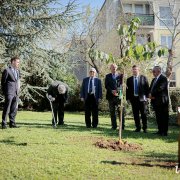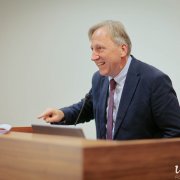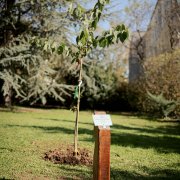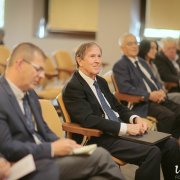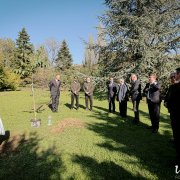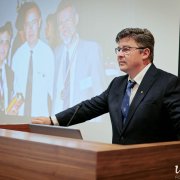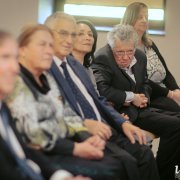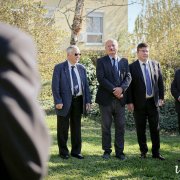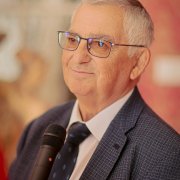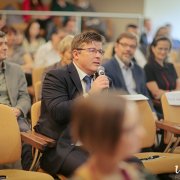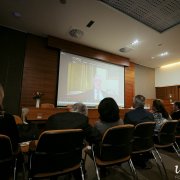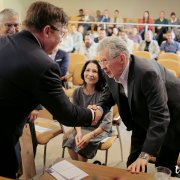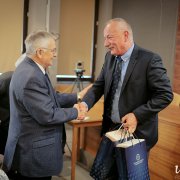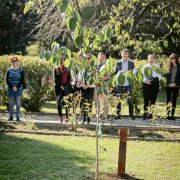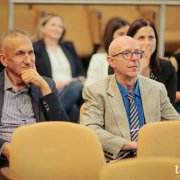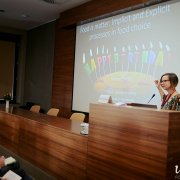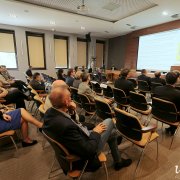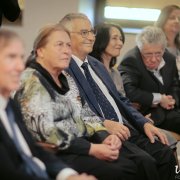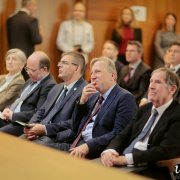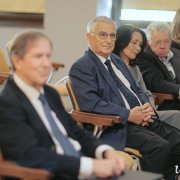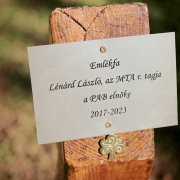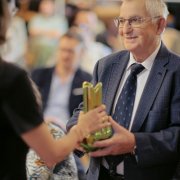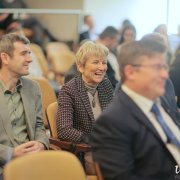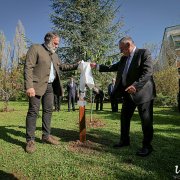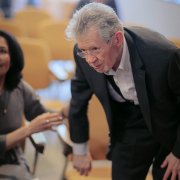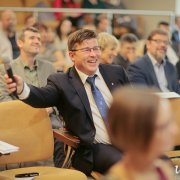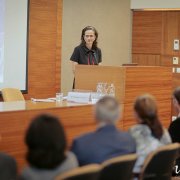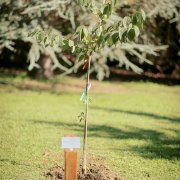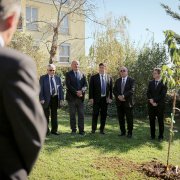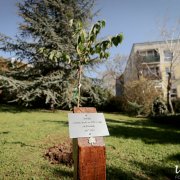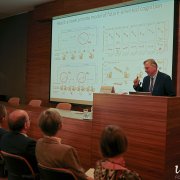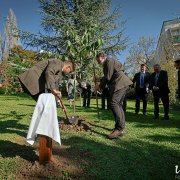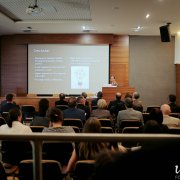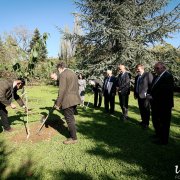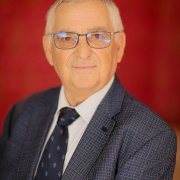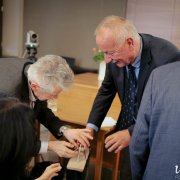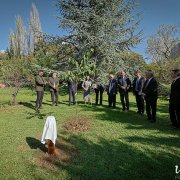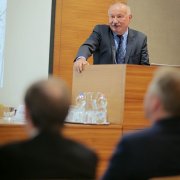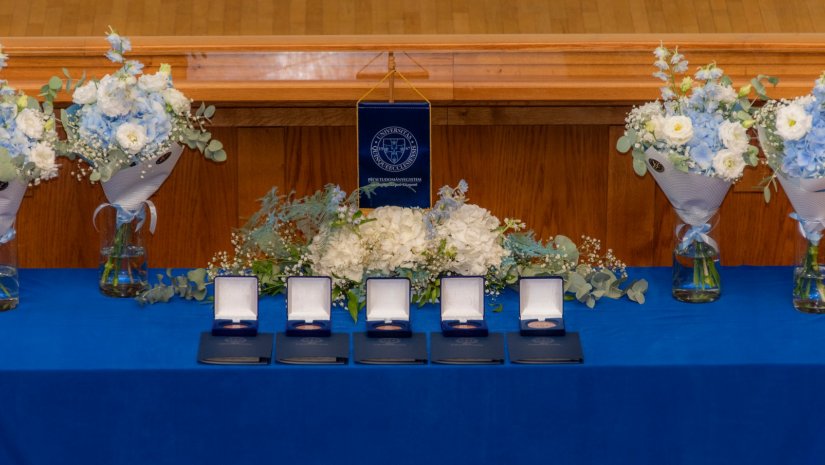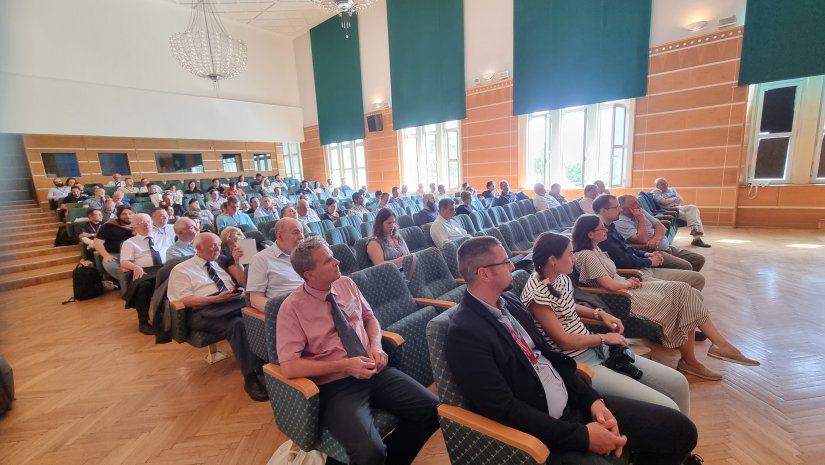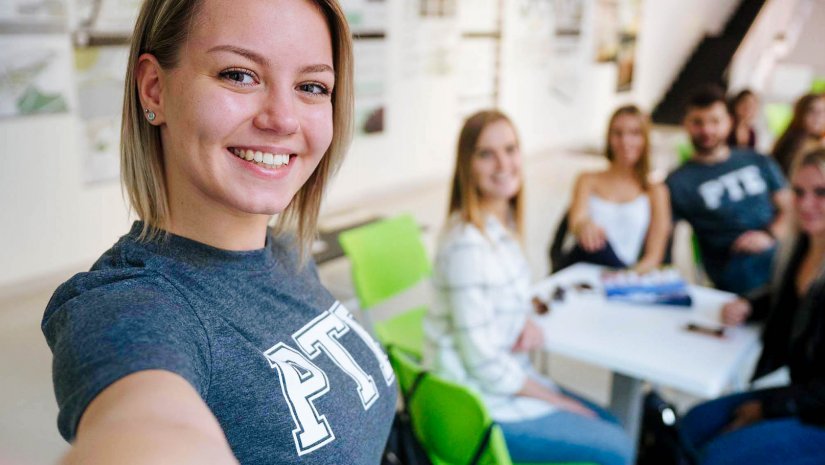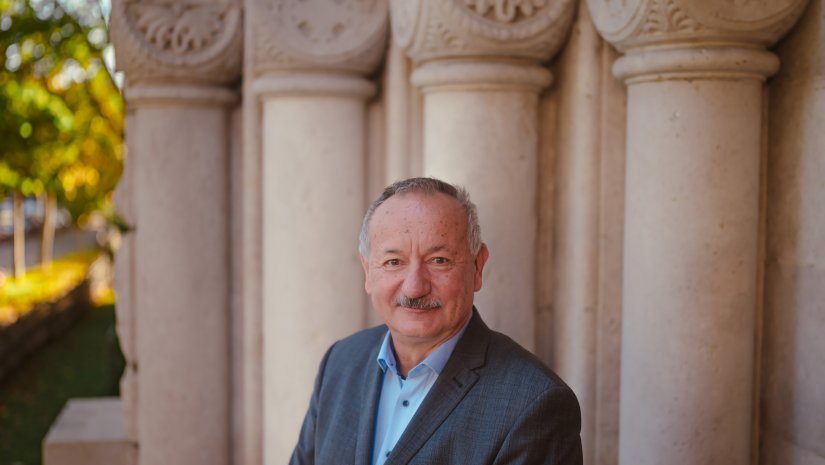Age is just a number, they say, but for Professors László Lénárd and Zoltán Karádi, those numbers - 80 and 70 - represent decades of groundbreaking research, mentorship, and contributions to the world of neuroscience. On October 21, 2024, the Reinforcement, Learning and Memory, and Related Structures and Functions International Symposium was held to honor these two scientific giants. As researchers, colleagues, and friends gathered to celebrate, it became clear that their legacies stretch far beyond their many accolades. Let’s take a closer look at the path they’ve paved.
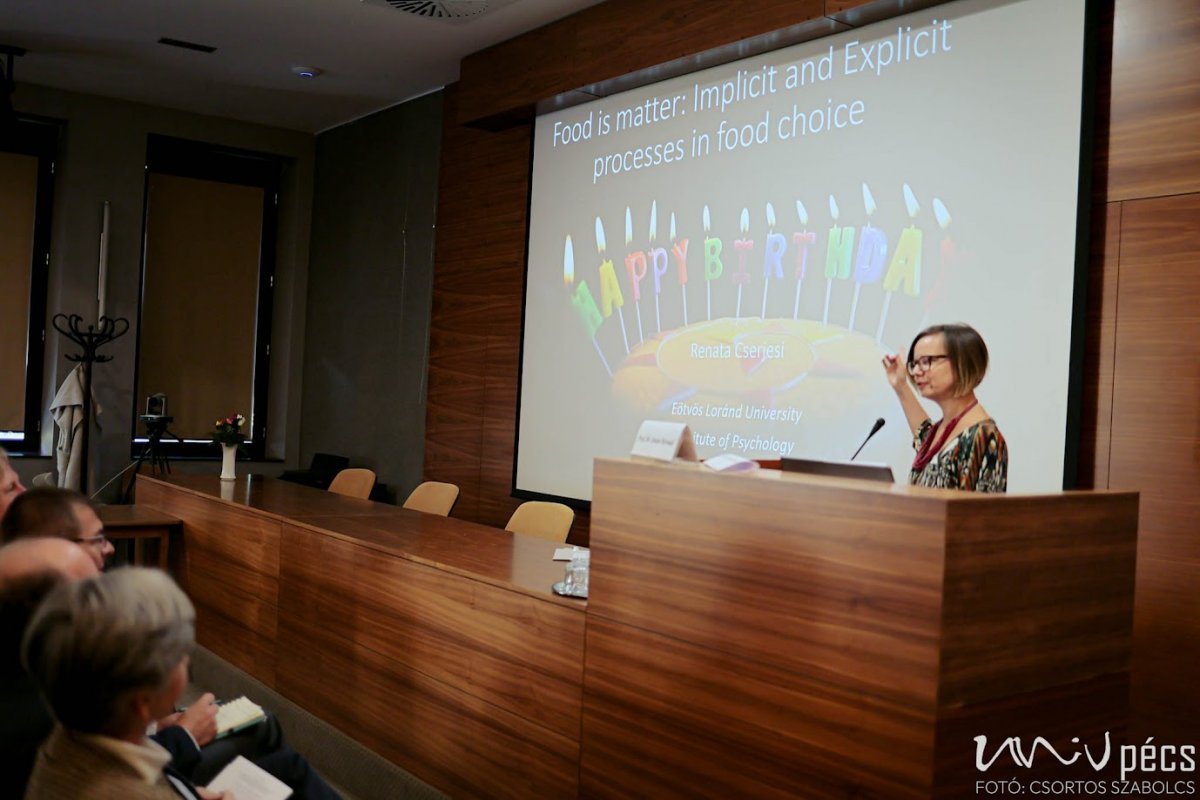
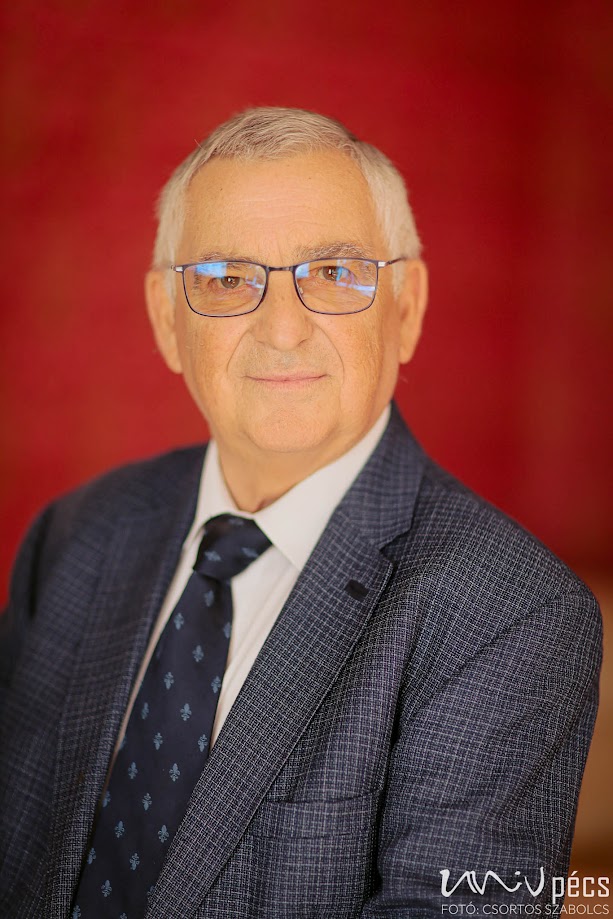 What makes someone a pioneer in their field? For Dr. László Lénárd, it was a curiosity that led him to uncover one of the most fascinating findings in addiction research: that rats prefer sugar over heroin. This discovery shook up the way we understand cravings and reward mechanisms, proving that sometimes the most dangerous temptations are found in the everyday things we consume. But his work didn’t stop there. Dr. Lénárd’s research into dopamine and norepinephrine pathways helped decode how our brains process motivation and pleasure, shedding light on why we seek the things we do.
What makes someone a pioneer in their field? For Dr. László Lénárd, it was a curiosity that led him to uncover one of the most fascinating findings in addiction research: that rats prefer sugar over heroin. This discovery shook up the way we understand cravings and reward mechanisms, proving that sometimes the most dangerous temptations are found in the everyday things we consume. But his work didn’t stop there. Dr. Lénárd’s research into dopamine and norepinephrine pathways helped decode how our brains process motivation and pleasure, shedding light on why we seek the things we do.
Now, at 80, his passion for science is undiminished, his influence felt across labs and lecture halls, from Hungary to around the world.
„Professor Lénárd is much more than an internationally renowned distinguished academic. He's a truly remarkable person, someone I could always rely on, not only throughout my scientific career, but also in times of personal difficulties. To me, he's like a second father.” – said Dr. László Kristóf.
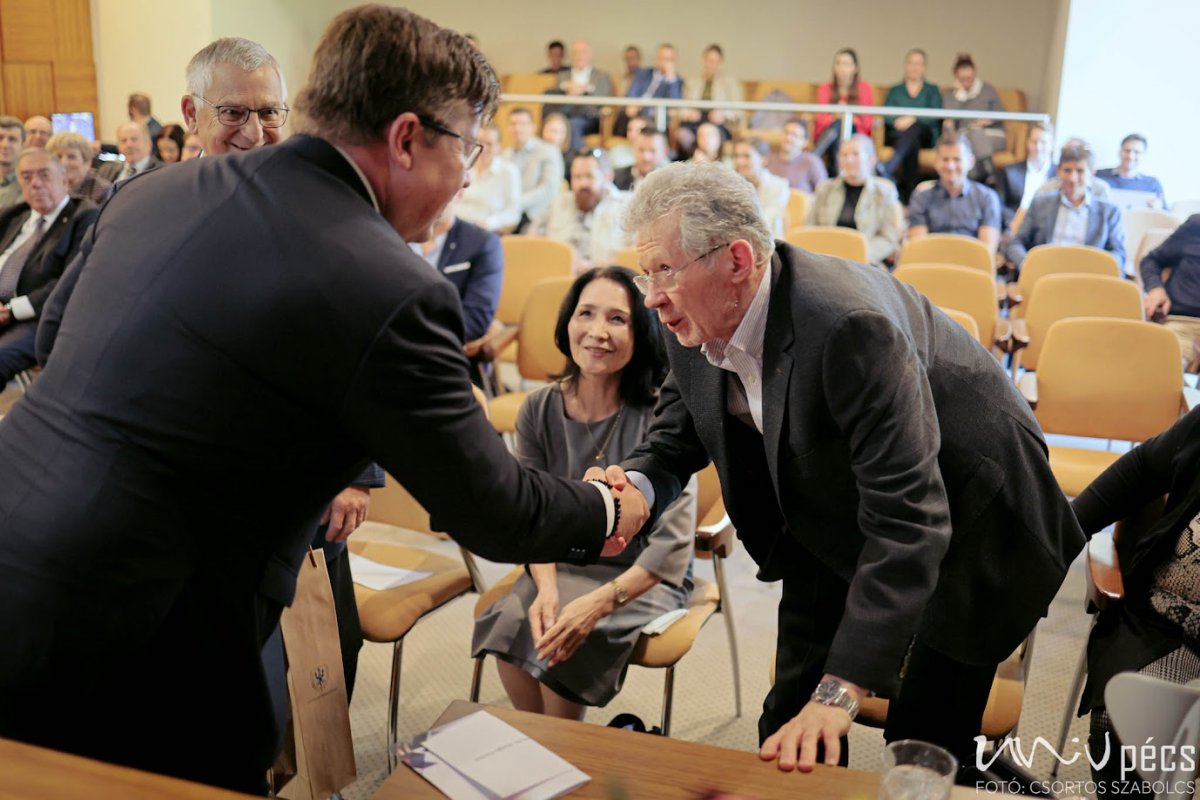
Dr. Zoltán Karádi, turning 70, has also reshaped our understanding of basic physiological drives. His research on hunger and body weight regulation delves deep into how our brains communicate the need to eat. The researcher’s discovery of glucose-monitoring neurons has been a game-changer, offering insight into how the body maintains balance and how these systems sometimes go awry.
Like Dr. Lénárd, Dr. Karádi has mentored countless students, fostering a new generation of neuroscientists who are eager to follow in his footsteps.
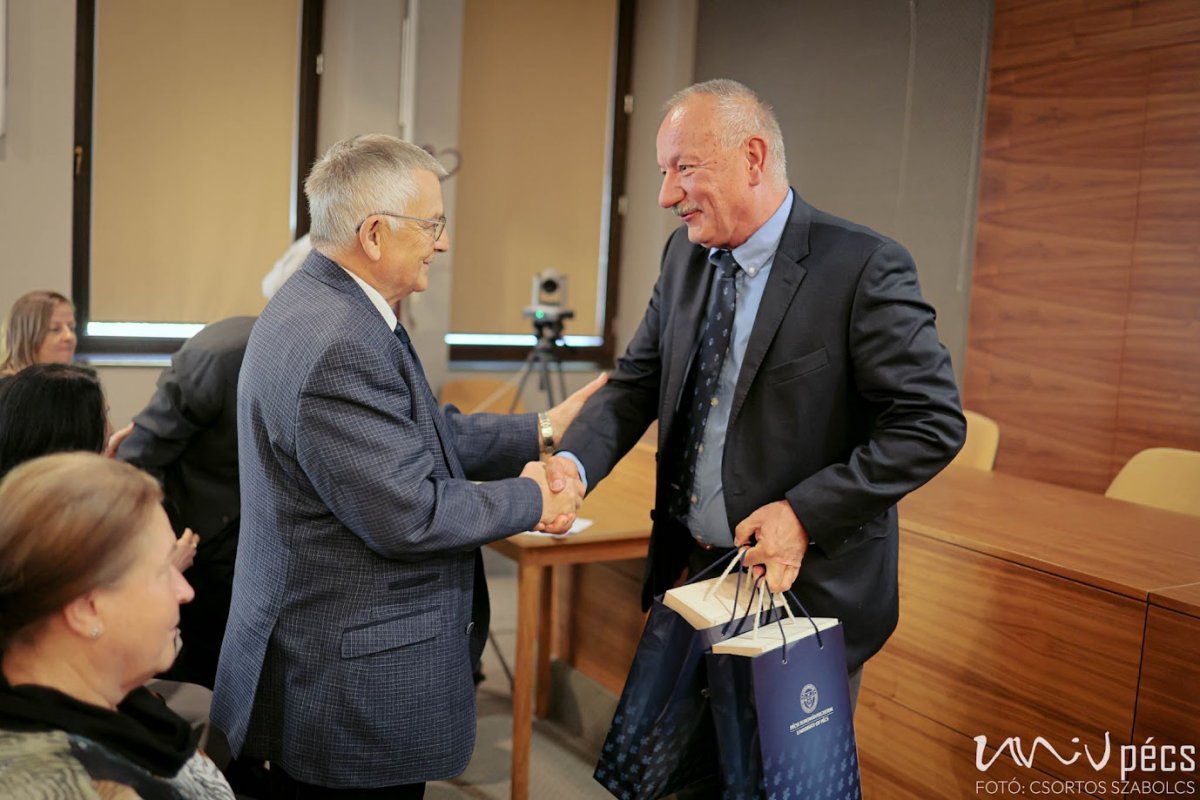
The University of Pécs’ rector, Dr. Attila Miseta praised the two professors in his speech: „My feelings for both of these colleagues run deep. Over time, we've navigated numerous challenges together…
I often turn to my two trusted colleagues for guidance on new challenges that arise…
I often say that there's no need to learn everything the hard way. I simply approach these fellows for their insights, and they share their experiences - whether it’s explaining what didn’t work for them or suggesting alternative approaches to achieve partial success.”
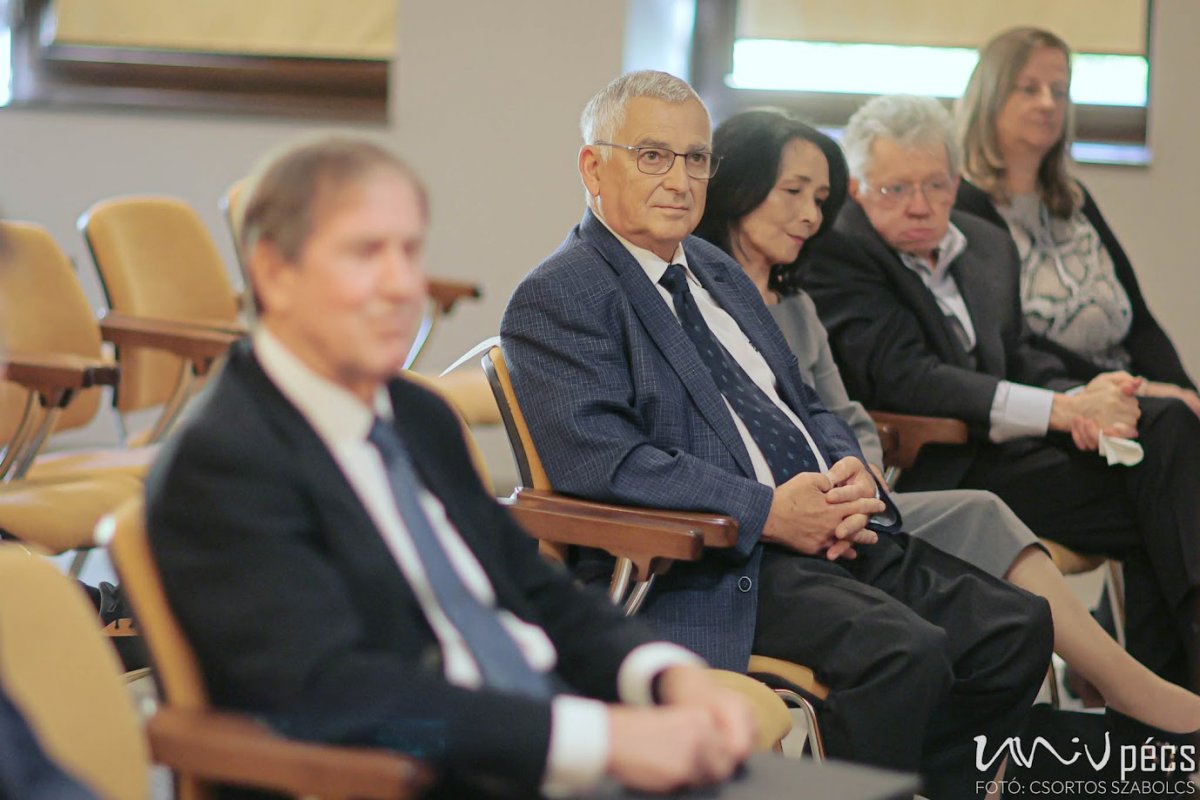
The symposium, held both in person at the Hungarian Academy of Sciences in Pécs and streamed online for remote participants, showcased groundbreaking research in memory, learning, and reinforcement, topics closely related to the work of Dr. Lénárd and Dr. Karádi. The symposium was a day filled with touching tributes, scientific discussions, and shared memories. Dr. István Hernádi even lightened the mood with his study on monkeys’ workweek habits. „Yes, even monkeys take it easy on Fridays, knowing the weekend is near!” – said humourously. It was a fitting reminder that both human and animal behavior are shaped by routines and expectations, something both Lénárd and Karádi have spent their lives studying.
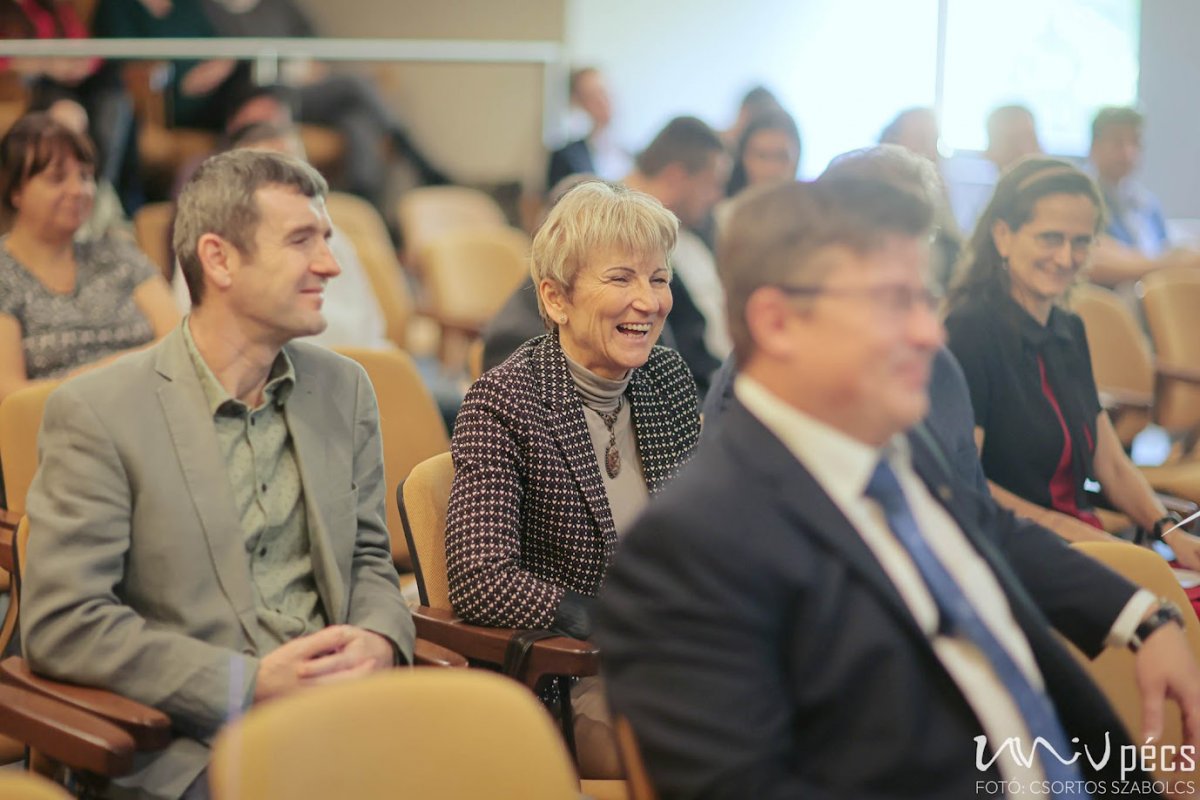
But the celebration didn’t end with talks and presentations. As a lasting symbol of their contributions, Dr. Lénárd planted a Diospyros kaki 'Tipo', a persimmon tree, in the garden of the Hungarian Academy of Sciences. The tree, much like his work, will grow and flourish, bearing fruit for years to come - a living testament to his dedication, insight, and enduring legacy.
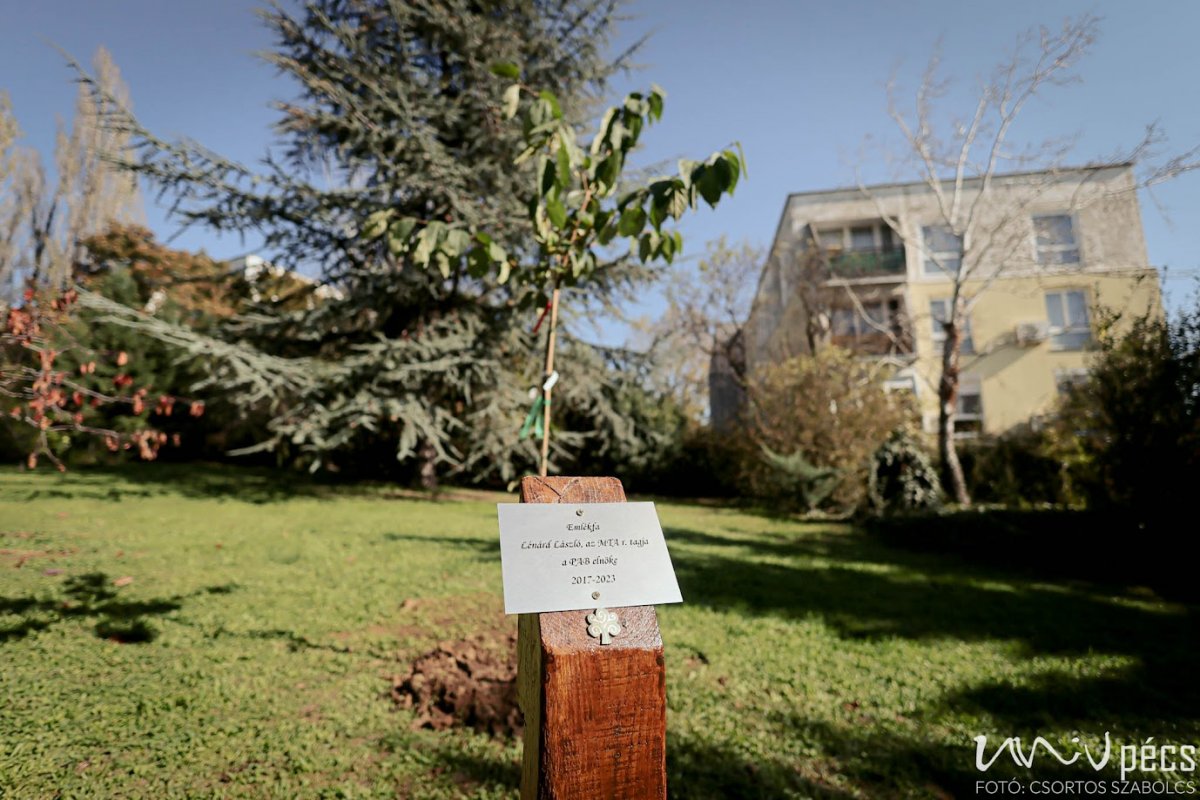
In a field where understanding the intricate workings of the brain is the ultimate goal, these two men have shown us not only how to think but how to live with purpose, curiosity, and passion. As the tree they planted takes root, so too does their influence, ensuring that future generations will continue to learn from their remarkable lives.
Happy birthday to these two remarkable men, who remind us that science isn’t just a career -it’s a lifelong adventure.



